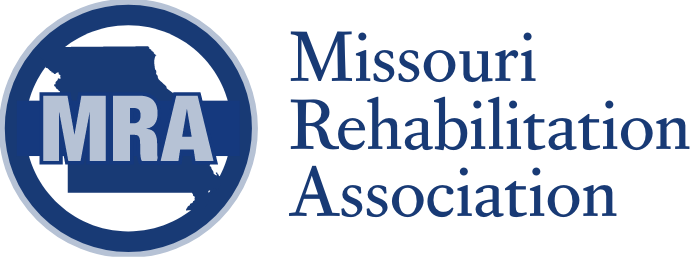
Workplace Supports Advanced Concepts
In this interactive course will you will receive best practice information regarding workplace supports. Specifically this course will cover career development, professional engagement, long-term supports, and positive behavior strategies. This course is designed for rehabilitation professionals committed to working with people with disabilities to meet their personal and professional goals.
Learning Outcomes:
At the completion of the training participants will be able to:
Apply techniques to boost personal and professional well-being and develop strategies to support consumer engagement in their careers.
Demonstrate problem-solving skills for common workplace scenarios involving FMLA, Workers’ Compensation, Accommodations, Health Insurance, and Social Security.
Understand and implement Positive Behavior Supports (PBS) within the workplace, focusing on enhancing quality of life and reducing problematic behaviors.
-
Chapter 1 Career Development
-
Introduction to Chapter 1: An Intentional Examination of Career Development to Enhance Professional Well-Being
Explore the concepts career development, professional engagement, motivation, and well-being.
-
Lesson 1: Career Progression & Development
According to Zippia, the average person will have 12 jobs, working an average of 4.1 years at each job and 58% of people state they would take a pay cut in order to make a career change.
-
Lesson 2: Professional Engagement & Your Career
According to Zippia, the average person will have 12 jobs, working an average of 4.1 years at each job and 58% of people state they would take a pay cut in order to make a career change.
-
Lesson 3: Motivation & Career Development
Did you know, most individuals make hundreds of decisions daily that are impacted by our motivation.
-
Chapter 1 Summary
This lesson will help integrate the lessons on career development, professional engagement, and motivation and its impact on professional well-being.
-
-
Chapter 2 Positive Behavior Supports
-
Introduction to Chapter 2
WPS 101 introduces Positive Behavior Supports, defined as a set of research-based strategies used to increase quality of life and decrease problem behavior. In WPS 102 we will delve deeper into specific goal-setting and valued outcomes, identifying challenging behaviors, data collection, and the process of creating and implementing person-centered plans to reinforce positive behaviors.
-
Lesson 1: What is Positive Behavior Support & Building Rapport
Positive Behavior Support (PBS) is a research-based approach that focuses on teaching new skills and creating supportive environments to increase positive behaviors and decrease problem behaviors. By understanding why people behave the way they do and providing tailored strategies, PBS can significantly improve quality of life and foster independence.
-
Lesson 2: ABC Model, Intervention Planning, Reinforcers, & Crisis Cycle
The ABC Model is a framework used to understand and change unwanted behaviors. It involves identifying the antecedent (what triggers the behavior), the behavior itself, and the consequence (the outcome of the behavior).
-
Chapter 2 Summary
Positive Behavior Supports is a positive approach to implementing specific strategies that can increase a person’s independence in all areas.
-
-
Chapter 3 Long Term Supports
-
Introduction to Chapter 3:Navigating the Tough Stuff: Common Scenarios for Long-Term Supports
Life often throws a curveball, for individuals with differing abilities this can cause undue stress and hardship. With Follow-Along supports individuals are better prepared to handle these stresses when they come.
-
Lesson 1: Disability Benefits
Understanding disability benefits is crucial for individuals who cannot work due to a disabling condition. These benefits provide financial support to cover basic living expenses, medical care, and other needs during challenging times.
-
Lesson 2: Worker's Compensation
In this next section you will learn about worker’s compensation, who qualifies, resources to use, and steps to take.
-
Lesson 3: Family and Medical Leave Act (FMLA)
The Family and Medical Leave Act was created to provide employees with assurance of continued employment if a significant life event occurs.
-
Lesson 4: Unemployment Benefits
Unemployment benefits provide temporary financial support to individuals who have lost their jobs through no fault of their own.
-
Chapter 3 Summary
Employment resources, including those tailored for individuals with disabilities, provide essential support for job seekers and career advancement.
-
Course FAQ
-
This course is free and open to anyone to complete it.
-
For this asynchronous course continuing education units are not provided. However, periodically this course will be offered in person for a fee and continuing education units will be provided.
